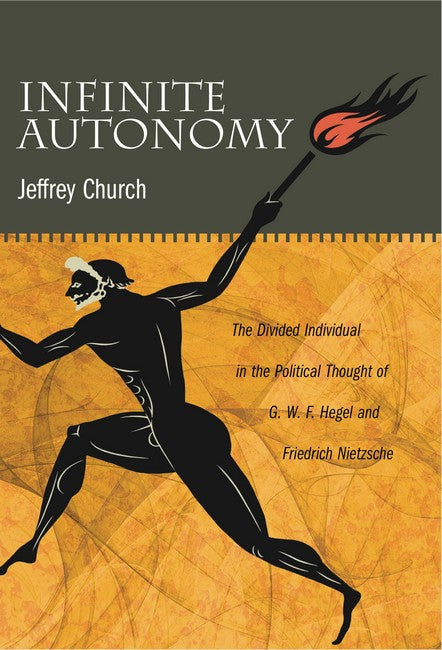Contents
Preface
List of Abbreviations
Introduction
1 Three Concepts of Individuality
1.1 The Natural Individual
1.2 The Formal Individual
1.3 Rousseau and the Historical Individual
2 Hegel’s Defense of Individuality
2.1 The Distinctively Human Subject and the Good Life
2.2 The Autonomy of the Laboring Subject
2.3 The “Infinite Worth” of Individual Character
3 Hegel on the Ethical Individual
3.1 The Origin of Community
3.2 The Nature of Community
3.3 Politics as the Highest Ethical Community
4 Hegel on the Modern Political Individual
4.1 The Ancient Versus the Modern State
4.2 Expansion of Desire in Modern Commercial Society
4.3 Estates and Corporations as Ethical-Political Communities
5 Nietzsche’s Defense of Individuality
5.1 The Problem of Individuation in Nietzsche
5.2 The Will to Power and the Development of the Distinctively Human
5.3 Individuality as a Narrative Unity
6 Nietzsche on the Redemptive Individual
6.1 The Tension in the Bow and Human Community
6.2 Silenus’ Truth
6.3 The Aesthetic Justification of Existence
6.4 The Individual’s Redemption
6.5 Eros and Eris of Community
7 Nietzsche on the Antipolitical Individual
7.1 Historical Development of State and Culture in Modernity
7.2 On the Nature and Function of the Modern State
7.3 The Possibilities of Modern Culture
Conclusion
Notes
Bibliography
Index

